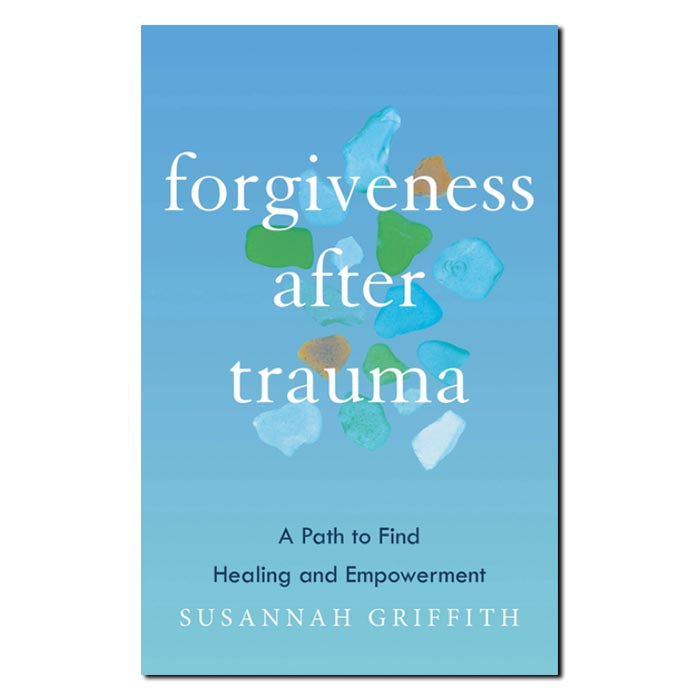Books and resources for ministers, worship leaders, church members and all spiritual people
Brazos Press
Forgiveness After Trauma - Print
Forgiveness After Trauma - Print
Couldn't load pickup availability
Forgiveness After Trauma
A Path to Find Healing and Empowerment
By Susannah Griffith
[Allow 4-6 weeks]
A compassionate and deeply grounded guide that redefines forgiveness through a trauma-informed, empowering lens.
This book will help you:
- Understand forgiveness not as a demand, but as a healing journey shaped by lament, accountability, and empowerment.
- Navigate the intersection of faith and trauma with theological insight and personal testimony.
- Reclaim your voice and autonomy in the process of healing by honoring anger, grief, and justice.
- Discern harmful religious expectations around forgiveness and resist coercion toward premature reconciliation.
- Reframe forgiveness as a resilience-building, non-linear process rather than a one-time act.
- Access biblical scholarship made accessible and relevant for survivors and supportive communities.
- Find practical, spiritually sensitive tools for healing at your own pace, rooted in self-compassion and empowerment.
Features
- Trauma-informed forgiveness framework that integrates lament, anger, accountability, release and rebirth, and reconciliation.
- Honest personal narrative drawn from the author’s own experience of abuse and church hurt.
- Clear, accessible biblical exegesis that challenges traditional teachings around forgiveness.
- Practical exercises and reflective prompts to support healing journeys.
- Advanced praise affirming its necessary, compassionate, and theologically rigorous approach.
Soft cover 208pp
1.8cm H x 21.4cm L x 13.8cm W (0.23 kgs)
ISBN 9781587435973
Brazos Press (2024)
Description
Vivid, truthful, and groundbreaking, this book offers a lifeline to survivors of trauma and abuse who have felt burdened by traditional scripts of forgiveness.
The journey begins not with a moral imperative, but with radical permission – to lament, feel anger, and demand accountability. In doing so, it subverts the long-standing notion that forgiveness must be swift or reconciliatory, especially when safety and justice are at stake.
With clarity and compassion, the author walks readers through a theology and practice she calls “trauma‑informed forgiveness.”
She integrates biblical scholarship with her own story – where church institutions, instead of protecting her, inflicted further harm – to model what real healing looks like.
In each chapter, you’ll find biblical insights reframed in ways that validate survivors' experiences, deepen theological understanding, and reject coercion cloaked as spirituality.
This isn’t a passive journey – it includes practical exercises and reflections designed to help survivors move at their own pace, with self-compassion.
This book is more than a guide; it's a testament to resilience and the transformative power of healing that calls survivors into empowered wholeness, rather than suppression or shame.
About the Author
Susannah Griffith (PhD, Vanderbilt University) is an independent scholar, Christian minister, and survivor of abuse who specializes in the intersection of biblical studies and trauma-informed theology. Her previous book, Leaving Silence, was a Christianity Today Book Award finalist for Christian discipleship. She lives in Northern Indiana with her husband and three young daughters.
Contents
-
Introduction
-
Biblical Forgiveness(es): Not What I Thought
-
Anger: Making Peace with Holy Rage
-
Lament: Becoming the Storyteller Again
-
Accountability: Answering for Choices and Living with Consequences
-
Reconciliation: Don’t Think Too Small
-
Release and Rebirth: Life Begins, Again
-
Conclusion Logos+2Baker Publishing Group+2


